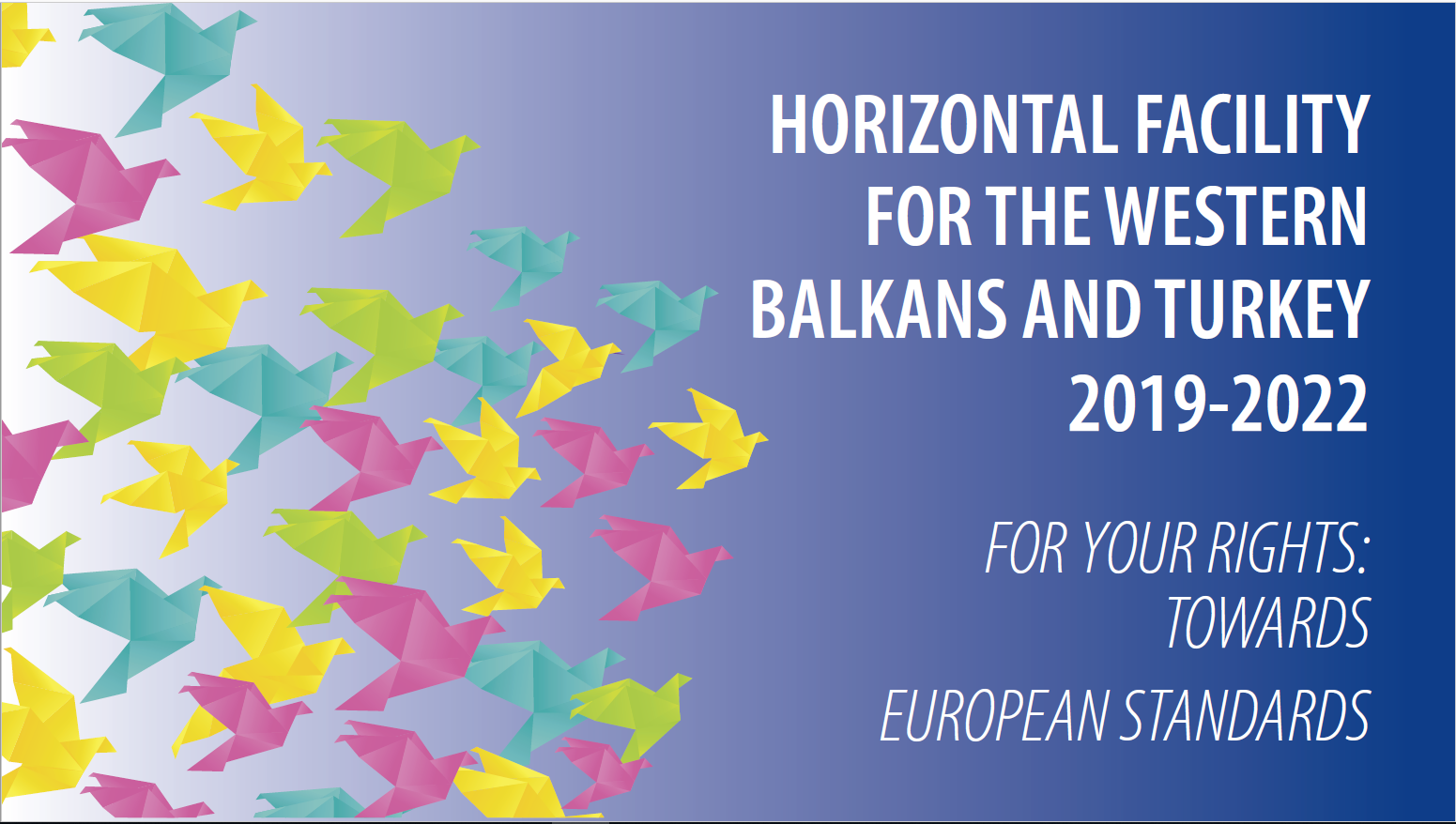The “Guide on Article 17 of the European Convention on Human Rights” is part of the series of Case-Law Guides published by the European Court of Human Rights to inform legal practitioners about the fundamental judgments and decisions delivered by the Strasbourg Court. This particular Guide analyses and sums up the case-law on Article 17 of the European Convention related to prohibition of abuse of rights. Readers will find herein the key principles in this area and the relevant precedents.
This article is important as it prohibits the destruction of and excessive limitation on the rights and freedoms set forth in the Convention. It applies to States, groups and individuals. Article 17 was included in the Convention as it could not be ruled out that a person or a group of persons would attempt to rely on the rights enshrined in the Convention to derive the right to conduct activities intended to destroy those very same rights. In prohibiting the “abuse of rights” Article 17 is geared to providing democracies with the means of combating acts and activities which destroy or unduly restrict fundamental rights and freedoms, whether those acts or activities are carried out by a “State”, a “group” or an “individual”. Article 17 is linked to the concept of “democracy capable of defending itself”.
This Guide presents different uses of the Article 17 – its direct application and when used as aid on interpretation of substantial provision of the Convention. It contains numerous case-law examples related to topics such promotion and justification of terrorism and war crimes, incitement to violence, alleged threat to territorial integrity and constitutional order, promotion of totalitarian ideologies, incitement to hatred, xenophobia and racial discrimination, hatred on ethnic grounds, homophobia, religious haters, negation of the Holocaust, and historic debates.
This publication has been translated in order to make information on standards and case-law this field available to legal and other relevant professionals in Serbia and contribute to strengthening of their capacities to apply those standards in their daily practice.
The publication was made available in Serbian within the framework of the action “Freedom of expression and freedom of the media in Serbia (JUFREX 2)” which is the part of the joint European Union and the Council of Europe programme “Horizontal Facility for the Western Balkans and Turkey 2019-2022".




